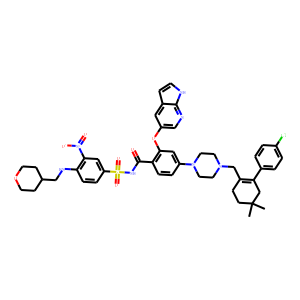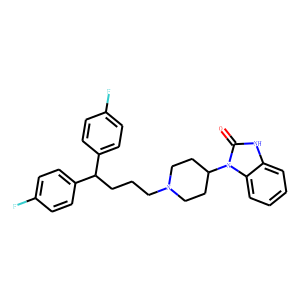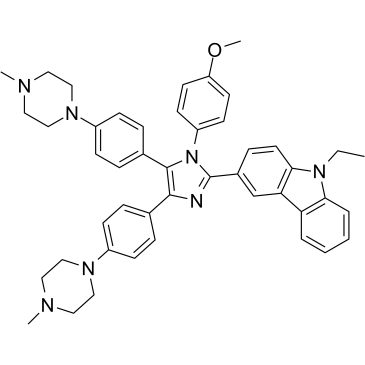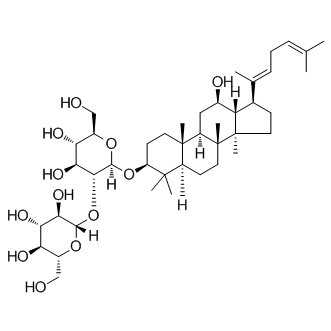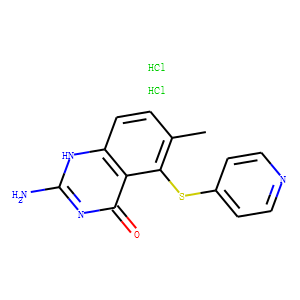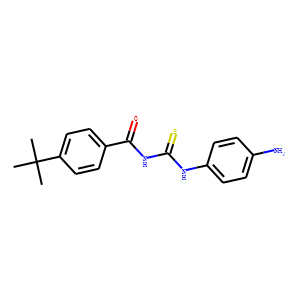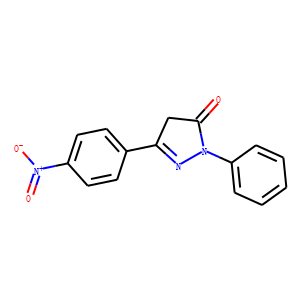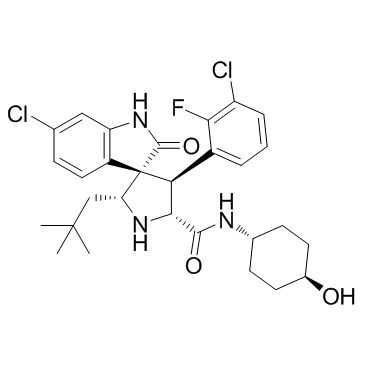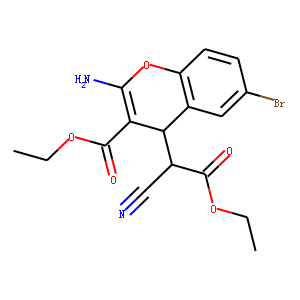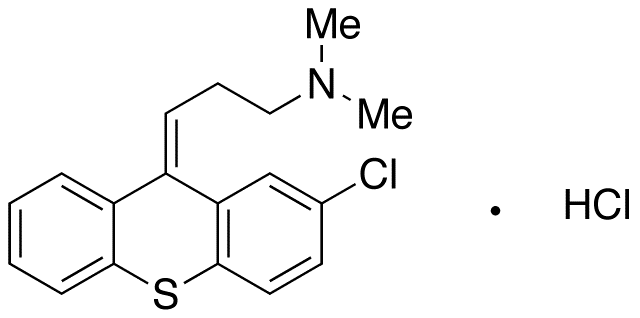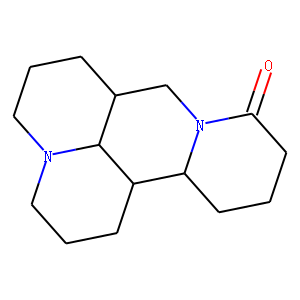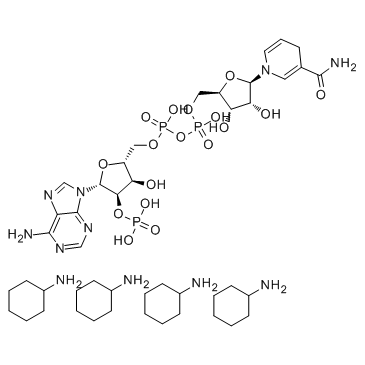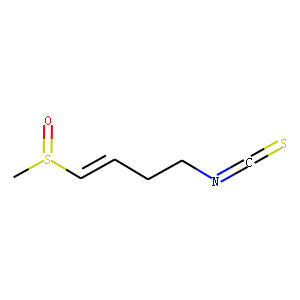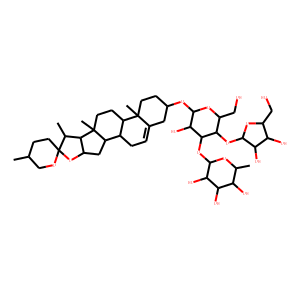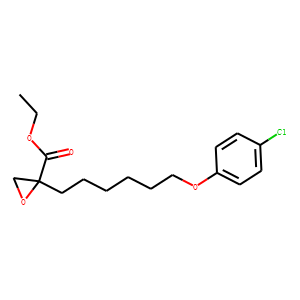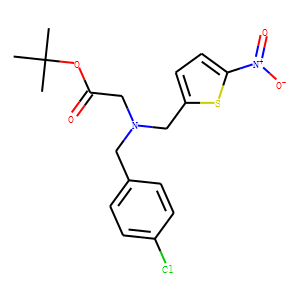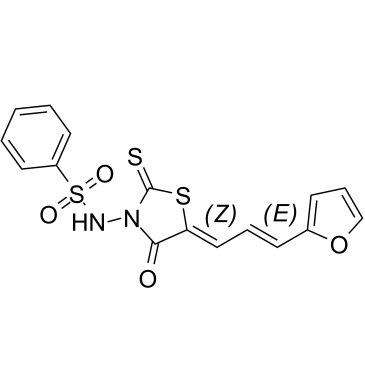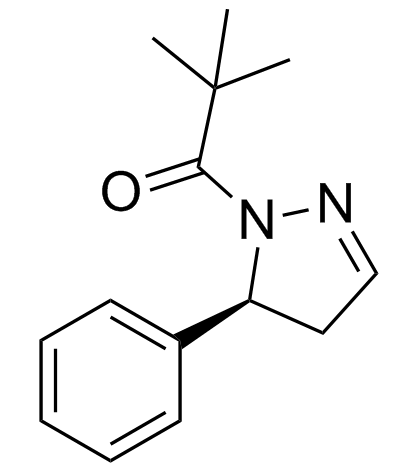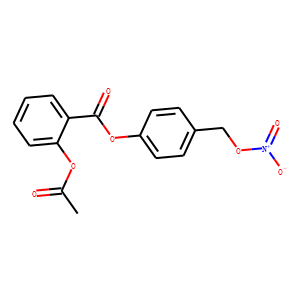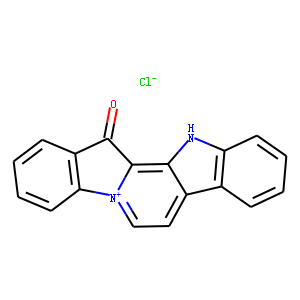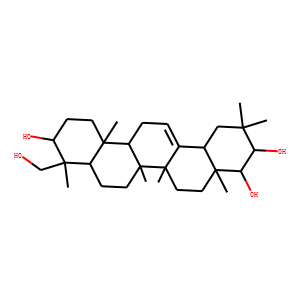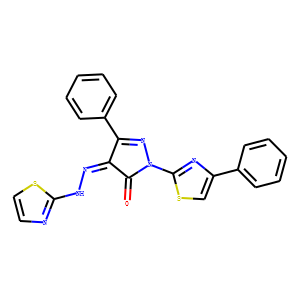Apoptosis
Apoptosis sometimes called programmed cell death, is a basic life phenomenon widely existing in the biological world. It plays a very important role in cell growth, development, and proliferation. The term was first coined in the 1970s, and apoptosis refers to the spontaneous and orderly death of cells controlled by genes to maintain a stable internal environment. Apoptosis is a process strictly controlled by multiple genes, but the exact mechanism of apoptosis is not fully understood so far. Apoptosis disorder may be directly or indirectly related to the occurrence of many diseases, such as tumors, autoimmune diseases, etc., and there are many factors inducing apoptosis, such as radiation, drugs, etc. In recent years, apoptosis has also been found to be differentially related to the effects of reactive oxygen and nitric oxide on neurological diseases, cardiovascular diseases, immune diseases, and aging. Apoptosis is not only a special type of cell death but also has an important biological significance and complex molecular biological mechanisms.

